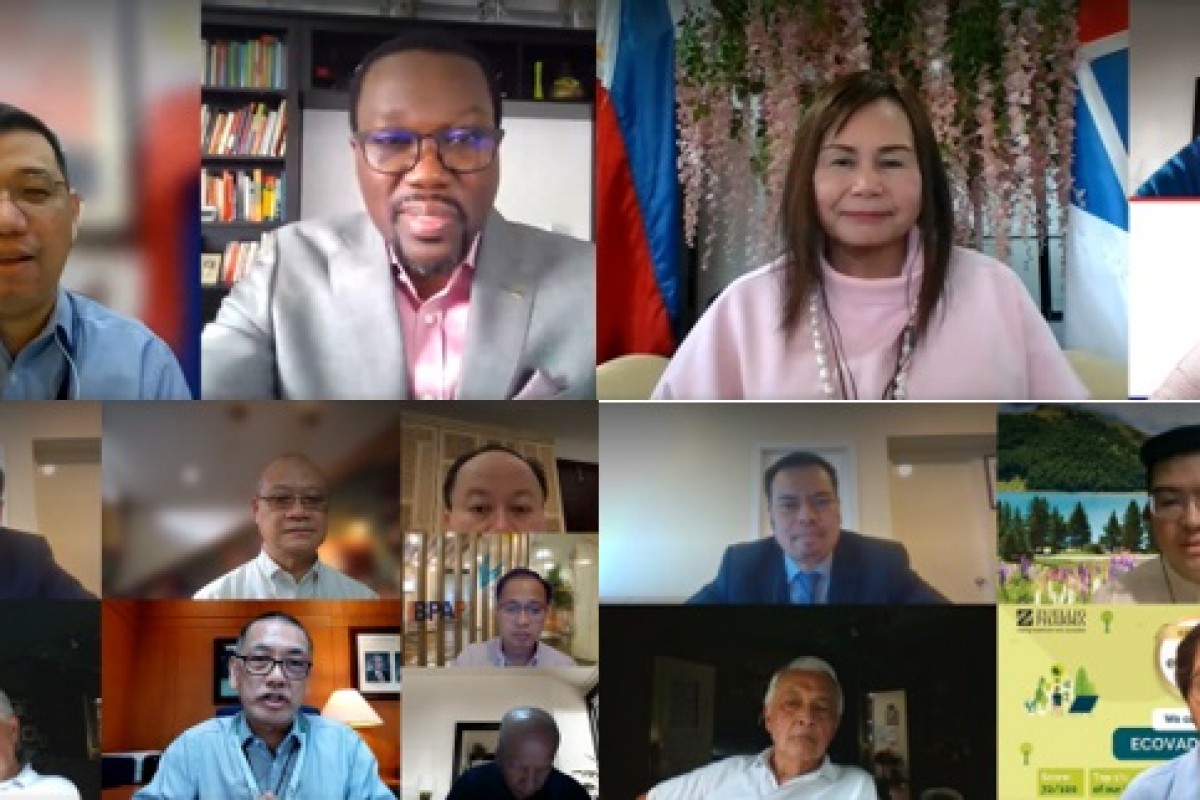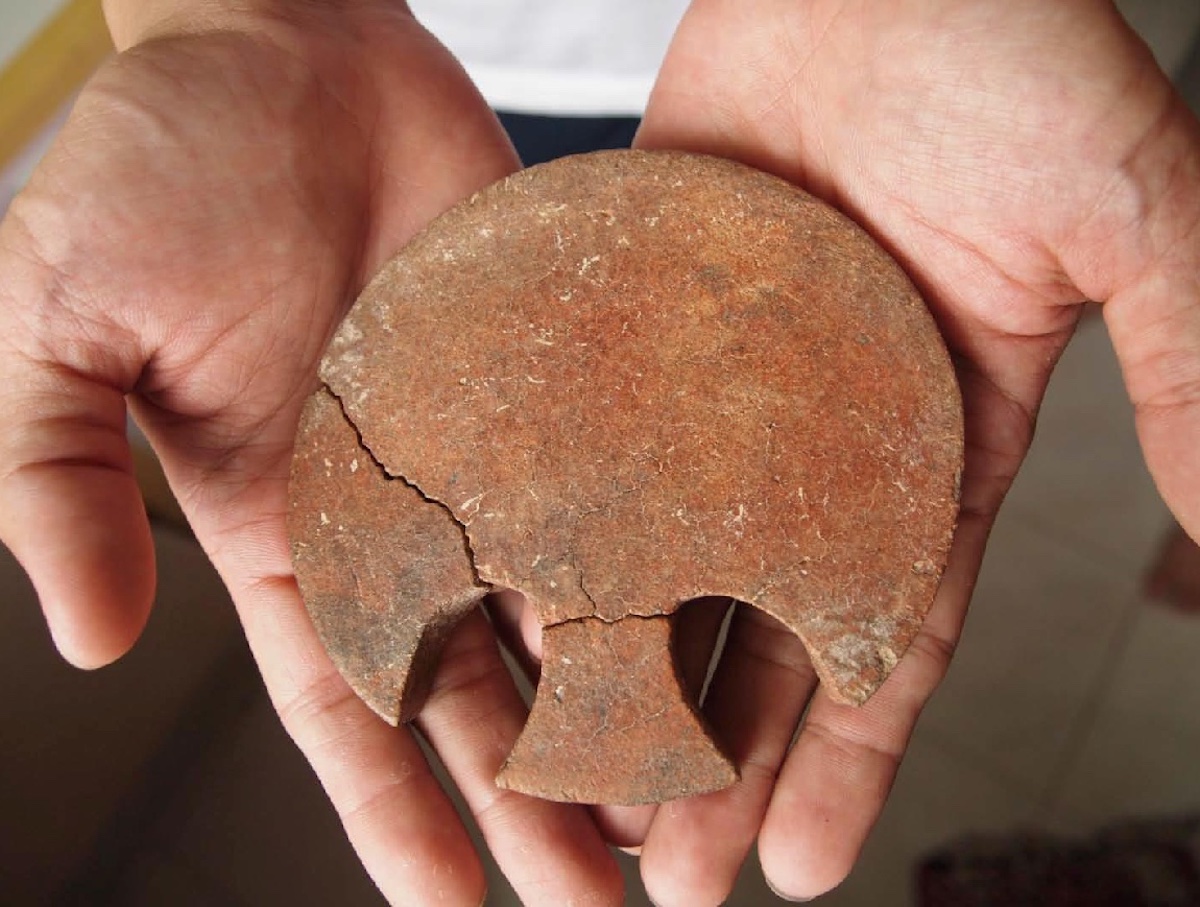MAKATI CITY -- Trade, investment, technology, and geopolitical trends that predate the pandemic will have implications for the participation of the Philippines in global value chains (GVCs). Emerging trends like the rise of automation, supply chain digitalization, artificial intelligence (AI) and the increasing use of services in manufacturing could affect the country’s traditional comparative advantages based on low wages. This came out during 2nd Online Roundtable Discussion with the World Bank on the Reconfiguration of Philippine participation in GVCs conducted on 13 July 2021 organized by the Board of Investments (BOI), the Philippines’ lead industry promotion agency.
“The technical competence of Filipinos complemented by good communication skills and our cultural affinity with our key markets still provide a solid ground on which we based our recalibration of strategies and reposition the country as a key player in GVCs. We are going in the right direction in several areas concerning policies, programs, projects, promotion, and development of people,” Trade Undersecretary and BOI Managing Head Ceferino Rodolfo said in his opening message.
Undersecretary Rodolfo emphasized that the BOI has played a key role in the passage of the Corporate Recovery and Tax Incentives for Enterprises Act (CREATE Act) and has continued to support key legislative reforms that aim to improve overall business environment in the country such as the amendments to the Retail Trade Liberalization Act, The Foreign Investments Act and the Public Service Act.
Mr. Ndiamé Diop, World Bank Country Director for Brunei, Malaysia, Philippines, and Thailand, explained that the World Bank’s analytical report on the reconfiguration of GVCs proposes a strategic approach to rethink, diversify and redeploy the GVCs. The report provides recommendations on how the Philippines could benefit from the opportunities presented by some of the key global megatrends through the reconfiguration of its leading export sectors in three GVC clusters: Industrials, Manufacturing, and Transport (IMT); Technology, Media and Telecommunication (TMT); and Health and Life Science (HLS).
Mr. Souleymane Coulibaly, World Bank Program Leader, elaborated that the COVID-19 crisis can help strengthen the Philippines’ FDI attractiveness and develop the skills needed for increased GVC participation. “A successful GVC reconfiguration requires mobilizing key stakeholders (government, lead firms, and domestic suppliers) in a coordinated fashion which will transform the threat of COVID-19 and over-concentration of exports in electronics and BPO into an opportunity to promote the IMT, TMT, and HLS GVC clusters,” he said.
Mr. Coulibaly added that the IMT should build on the country’s robust position in electronic intermediates which account for the majority of its total exports while TMT should leverage the country’s strong Information Technology – Business Process Management (IT-BPM) services. On the other hand, the country’s healthcare professionals and pharma sector can serve as the anchor for the growth of the HLS cluster.
Significant opportunities will emerge in specific GVC clusters brought about by the switch from combustion engine cars to electric vehicles and the regionalization of the aerospace value chain. The increase in demand for semiconductors from the expansion of 5G, the Internet of Things (IoT) and data driven integrated healthcare systems will provide other opportunities.
The draft Philippines GVC Reconfiguration Study provides policy recommendations to address the industry concerns and allow the three clusters to expand their participation in the GVCs while highlighting the constraints faced in increasing GVC participation of local companies, particularly those related to trade, skills, FDI and sector competitiveness.
Invited discussants during the Roundtable, consisting of representatives from the three (3) GVC clusters, elaborated on some pressing issues faced by the local industries such as the disruption of supplies, logistics problems, and weak demand and the need to address them. Some of the recommendations tabled include revising the college curricula to adapt to the needs of the industries, focusing more on research and development (R&D), streamlining the regulatory process, and lessening the reliance on imported raw materials by further developing domestic industries and buying local products.
Among government agencies and representatives in attendance were the Philippine Economic Zone Authority, Subic Clark Alliance for Development, other Investment Promotion Agencies, and other DTI offices. Private groups included the Pharma and Healthcare Association of the Philippines, Philippine Pharma Manufacturers Associations, Healthcare Information Management Association of the Philippines, Aerospace Industries Association of the Philippines, Semiconductor and Electronics Industries in the Philippines, Inc., IT and Business Process Association of the Philippines, and Federation of Automotive Industries of the Philippines.
Moving forward, the findings of the report, once finalized, will be used as guide posts for the priority initiatives that have to be taken to seize the opportunities of the reconfiguration of GVCs. (BOI)



